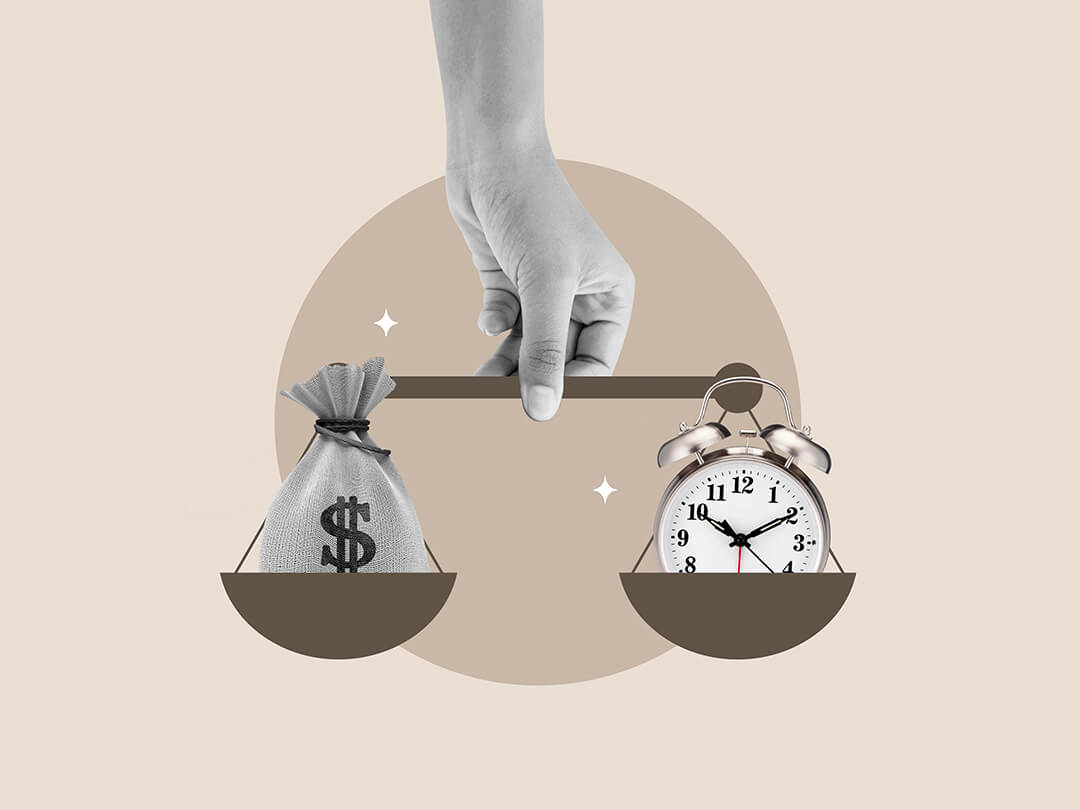Are you guilty of WILB, also known as Workplace Internet Leisure Browsing?
Don’t be ashamed if you are. A new University of Melbourne survey of 300 workers found that those who surf the Web while at work may actually be more productive.
Dr. Brent Coker, who helped oversee the study, said its findings reveal that those who leisurely surf the Web for “a reasonable limit of less than 20 percent of their total time in the office workday” are about 9 percent more productive than their colleagues who don’t.
The study found that seven in 10 of those surveyed engaged in WILB, which includes searching for product information, reading online news, playing online games and watching videos online.
Coker explains the value of WILB in terms of our ability to concentrate or, more accurately, our inability to do so. “Short and unobtrusive breaks, such as a quick surf of the Internet,” he said, “enable the mind to rest itself, leading to a higher total net concentration for a day’s work.” Translated into terms the boss can understand, WILB means increased worker productivity.
The key to effective WILB is moderation; the study also revealed that about 14 percent of Australian browsers are actually Internet “addicts” and are not productive at work. How can you tell the difference? The Internet addicts get irritable if they are interrupted while browsing.





